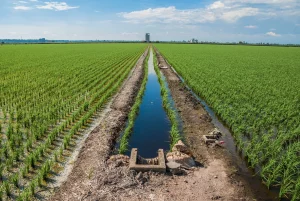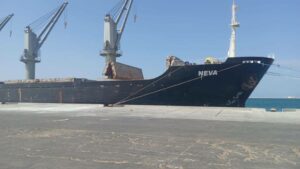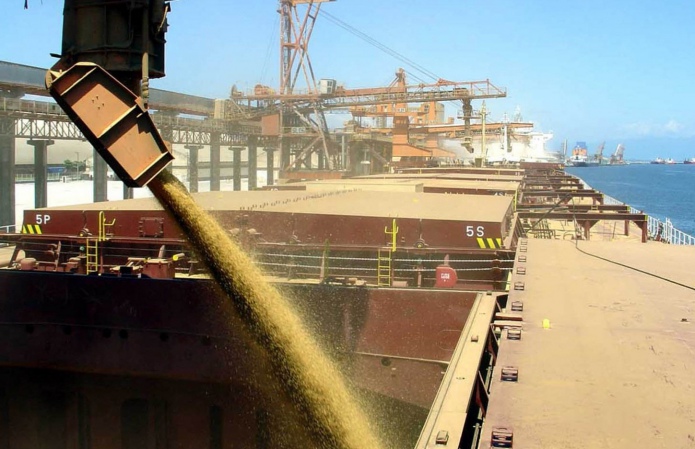How climate change is affecting the resurgence of piracy in Africa
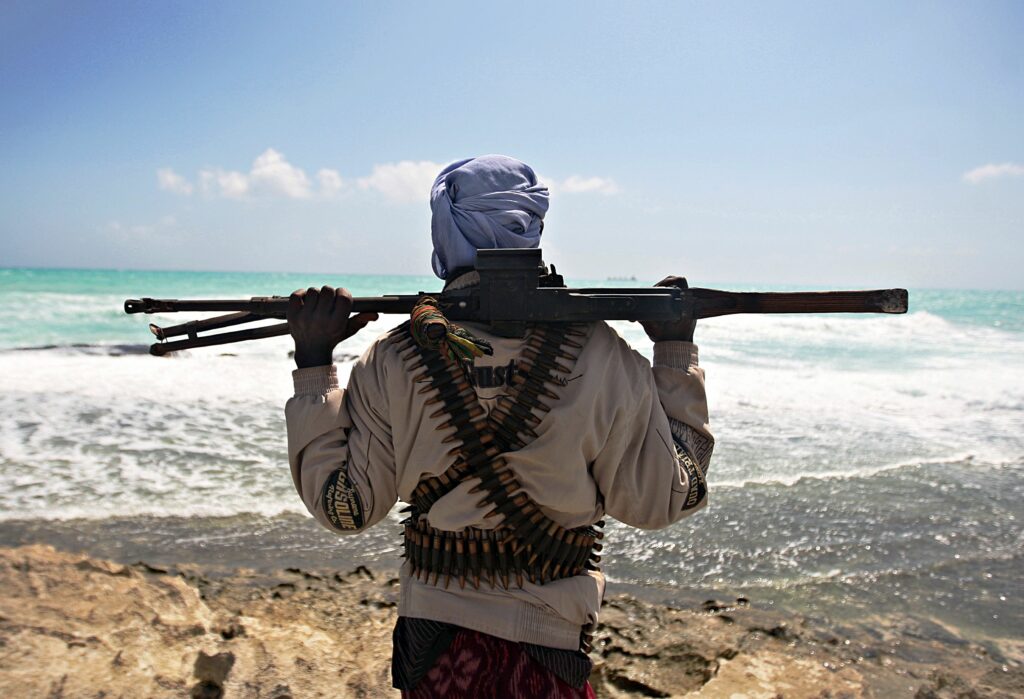
Foreign experts calculated how the increase in the number of maritime crimes is affected by the destruction of fishing grounds, how Somali separatists are fighting crime at sea, and whether the world community will be able to cope with this new threat.
Below is a summary of the original material belonging to The Conversation.
Piracy has always been a threat to global shipping, trade and the safety of seafarers. Only in 2020, 135 cases of ship robbery were registered at sea. Moreover, more than 95% of incidents occurred in the Gulf of Guinea near the coast of West Africa.
A classic example of modern crimes at sea is the activity of Somali pirates. Now it is overgrown with a layer of myths and stereotypes. However, it is important to understand the context in which modern piracy arose.
In the early 2000s, Somalia was going through one of the worst periods of its existence. The collapse of central government, civil war, and the absence of any effective governance contributed to the growth of unemployment and poverty.
Coastal communities left without livelihoods often turned to piracy as a last resort. Pirate groups initially positioned themselves as “coast guards”, protecting local waters from foreign vessels that were illegally fishing. Gradually, such armed groups began to seize ships for ransom.
After 2010, armed international forces, in particular, under the auspices of NATO and the EU, began to coordinate efforts to fight piracy off the coast of Somalia. This led to a significant reduction in the number of pirate attacks. However, according to the latest data, piracy off Somalia is gaining momentum again. And this testifies not only to the instability of the situation in the region, but also to the inadequacy of the measures that were taken and the deeper reasons for this phenomenon.
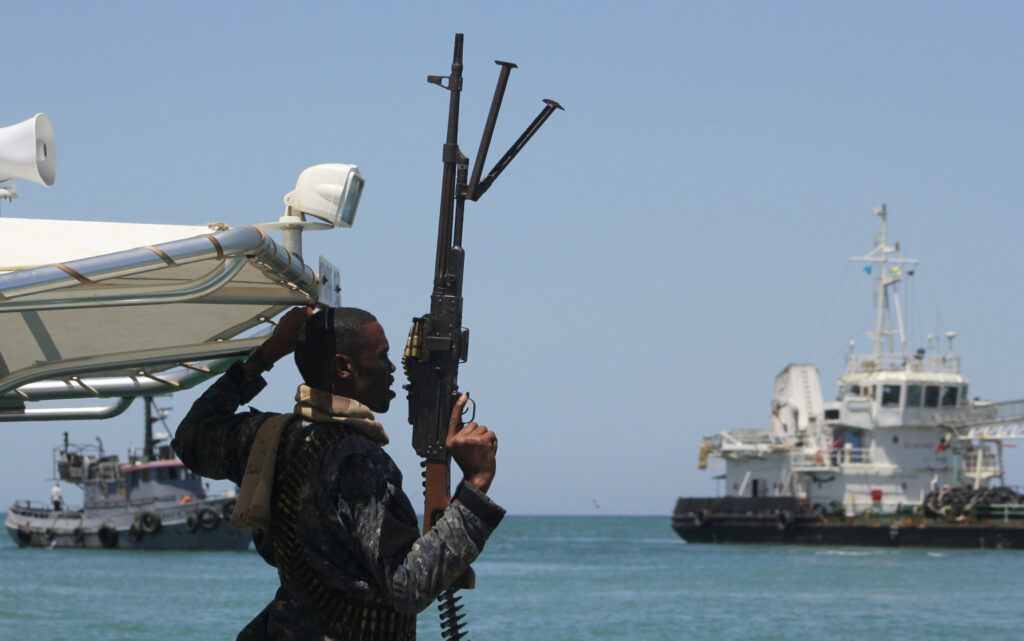
Climate and piracy
One of the less obvious, but extremely important reasons for the increase in piracy is, not surprisingly, global warming. For example, in regions such as East Africa, climate change is destroying coastal fisheries that people have depended on for generations.
This leads to a reduction in fish stocks as some species migrate beyond the reach of local fishermen. And prolonged drought and extreme heat exacerbated food insecurity. Therefore, fishermen, former law enforcement officers and unemployed youth often turn to piracy.
In some places, the number of crimes at sea can be reduced. Due to the development of security initiatives by shipping companies, as well as due to the coordination of many countries around the world, piracy off Somalia is being curbed. Thus, in recent years, the number of pirate attacks off the coast of Somalia has fallen from a record 237 in 2011 to just nine as of 2017.
Also in Somalia, the EU’s satellite monitoring systems helped track the activities of fishing vessels. Thus, the fight against piracy can also contribute to the fight against illegal fishing and improve maritime surveillance capabilities.
However, it is increasingly being argued that only investments in sustainable fishing and economic development of coastal regions will help to completely stop the wave of piracy that is gaining momentum.
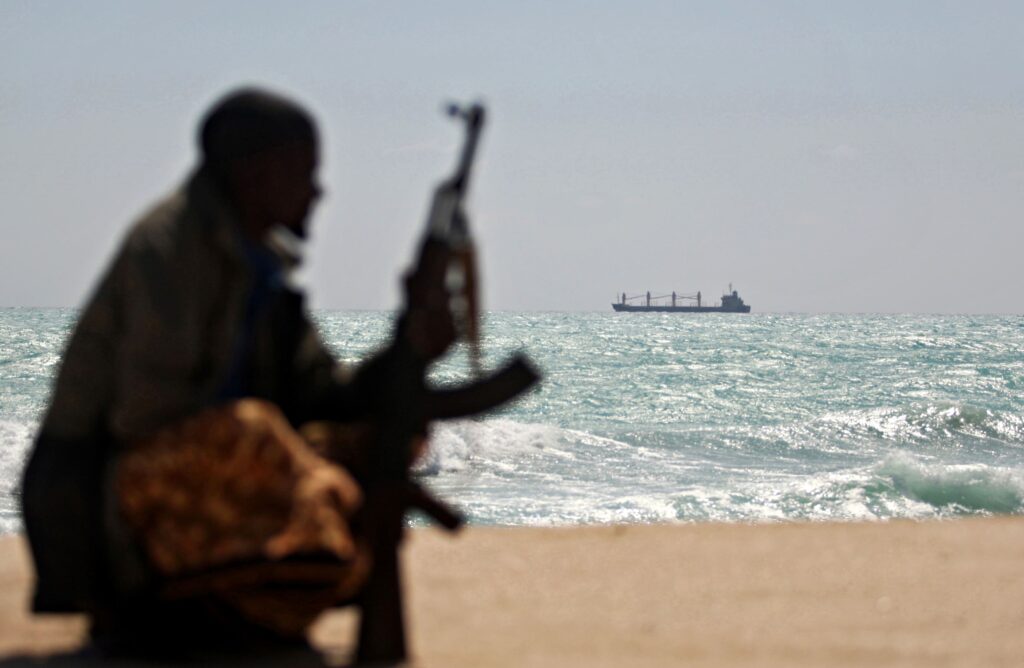
Of course, over the past decade, armed security measures in Somali waters have significantly reduced the number of piracy incidents in the region. However, recent data suggest that piracy off Somalia is on the rise again. Thus, in the first quarter of 2024, 33 incidents were registered off the coast of Somalia, including two cases of hijacking of ships.
A similar story unfolds thousands of kilometers away – in the Gulf of Guinea. There, piracy is linked to oil theft by criminal gangs that recruit impoverished youth to hijack tankers and pump crude oil. Studies have shown that rising water temperatures and rampant illegal fishing have decimated local fisheries and left coastal residents with little to no other livelihood options.
However, it should be noted that climate change is far from the only reason for the resumption of piracy. Illegal fishing further depletes fish stocks and damages marine habitats. This, along with the weak management of local authorities and limited economic opportunities, contributes to the growth of piracy.
In particular, in Côte d’Ivoire, between 2003 and 2020, the total catch fell by almost 40%. In Ghana, the catch of small fish fell by 59% between 1993 and 2019. Further projections for such countries suggest that catches may drop by another 50% by 2050.
In total, the countries of the West Coast of Africa lose about 2.3 billion dollars every year due to illegal fishing. This has a negative impact on food security, as fish is the main source of food and income for many coastal communities.
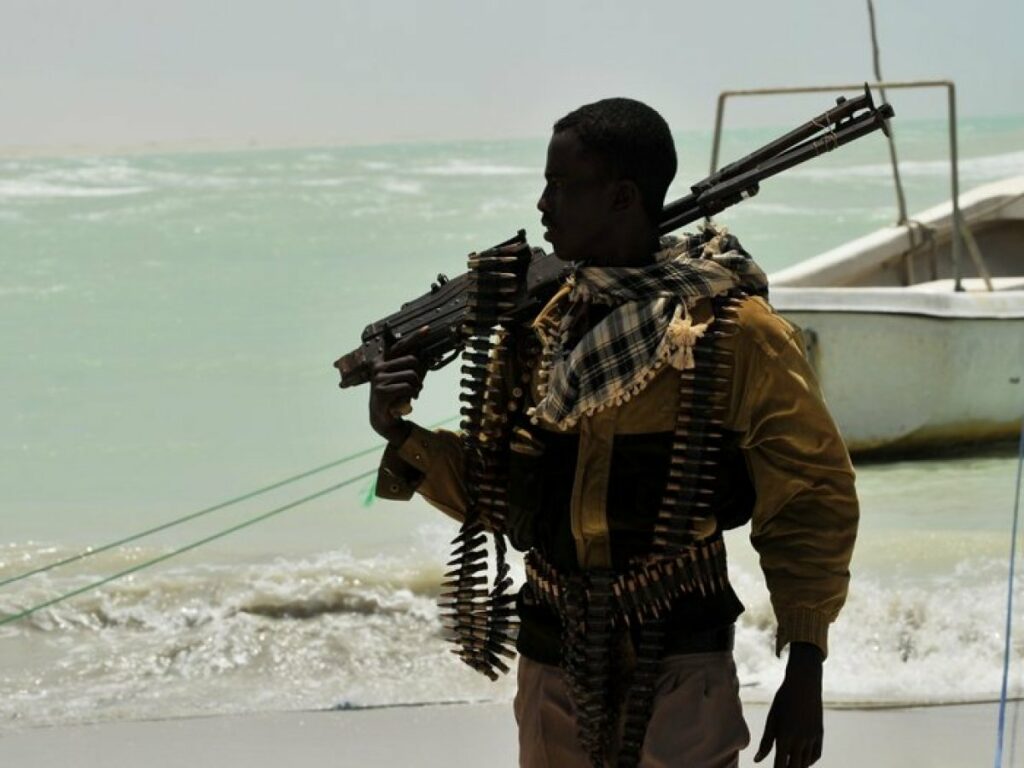
As climate change and illegal fishing exacerbate poverty in African countries, more and more desperate people may venture ashore and engage in maritime crime. And this will contribute to instability in the region and threaten the safety of sailors and world trade.
According to journalists at The Conversation, the surge in piracy in tropical waters is a warning – it shows how quickly communities can be destabilized when climate change destroys traditional livelihoods. Combating piracy in Africa requires a comprehensive approach that includes economic development of coastal regions, including job creation, support for small and medium-sized enterprises, and infrastructure development.
The day before, USM wrote that pirates have resumed their activities in the waters of Bangladesh. Thus, nine incidents were registered in the first five months of 2024, while only one occurred in the same period of 2023.

